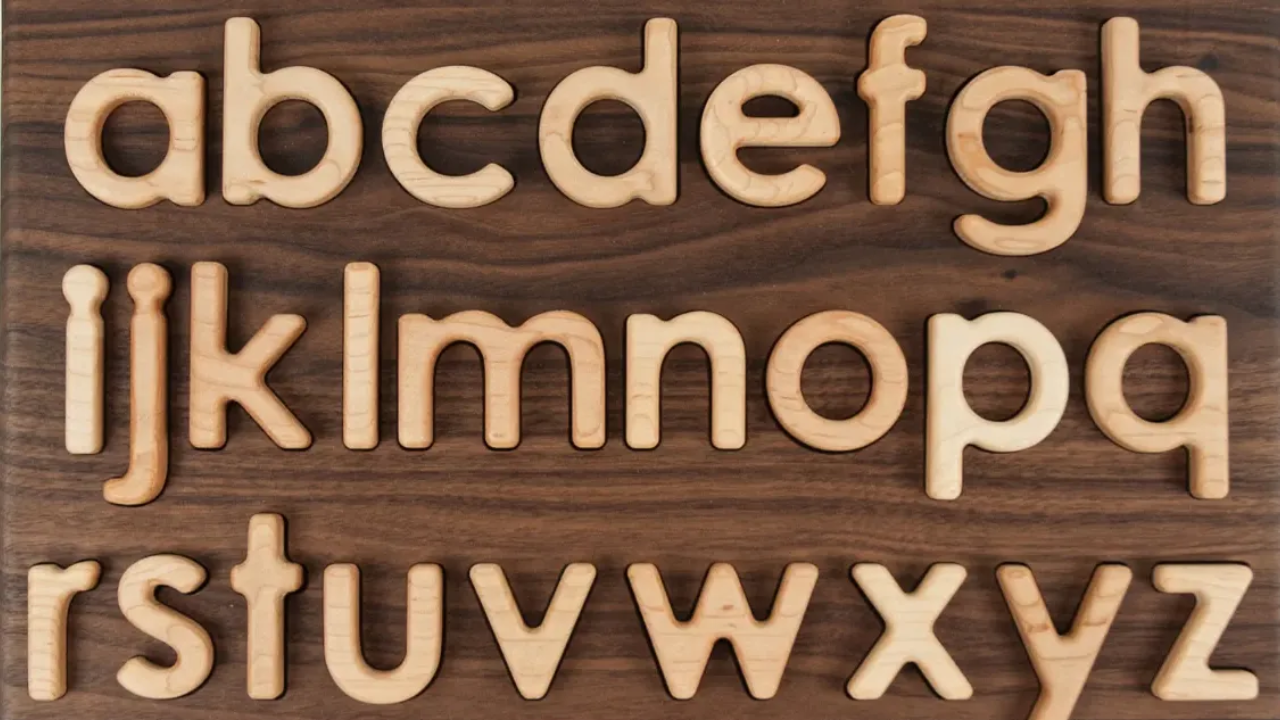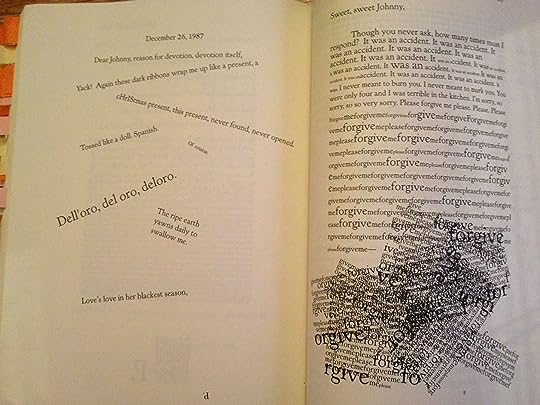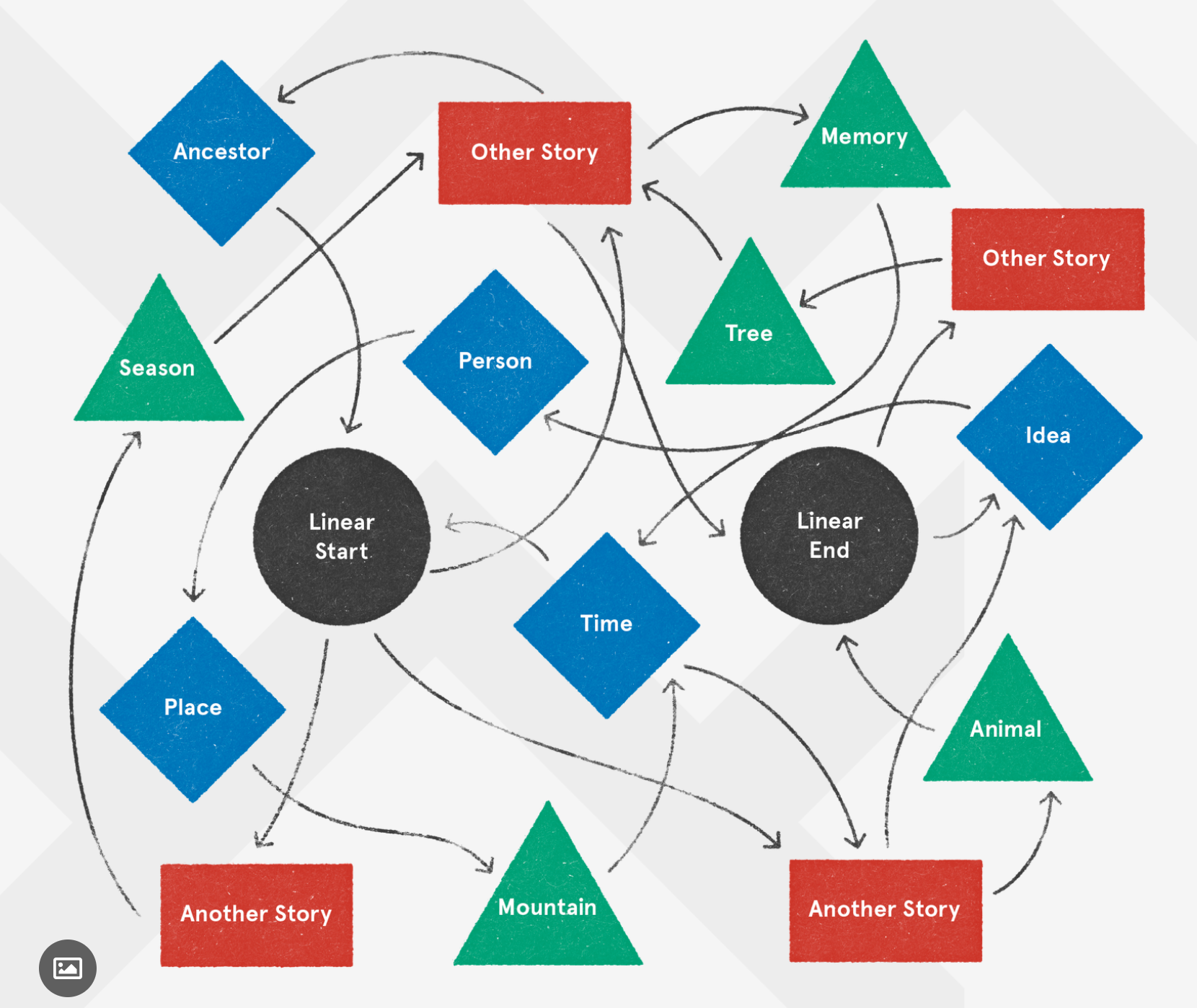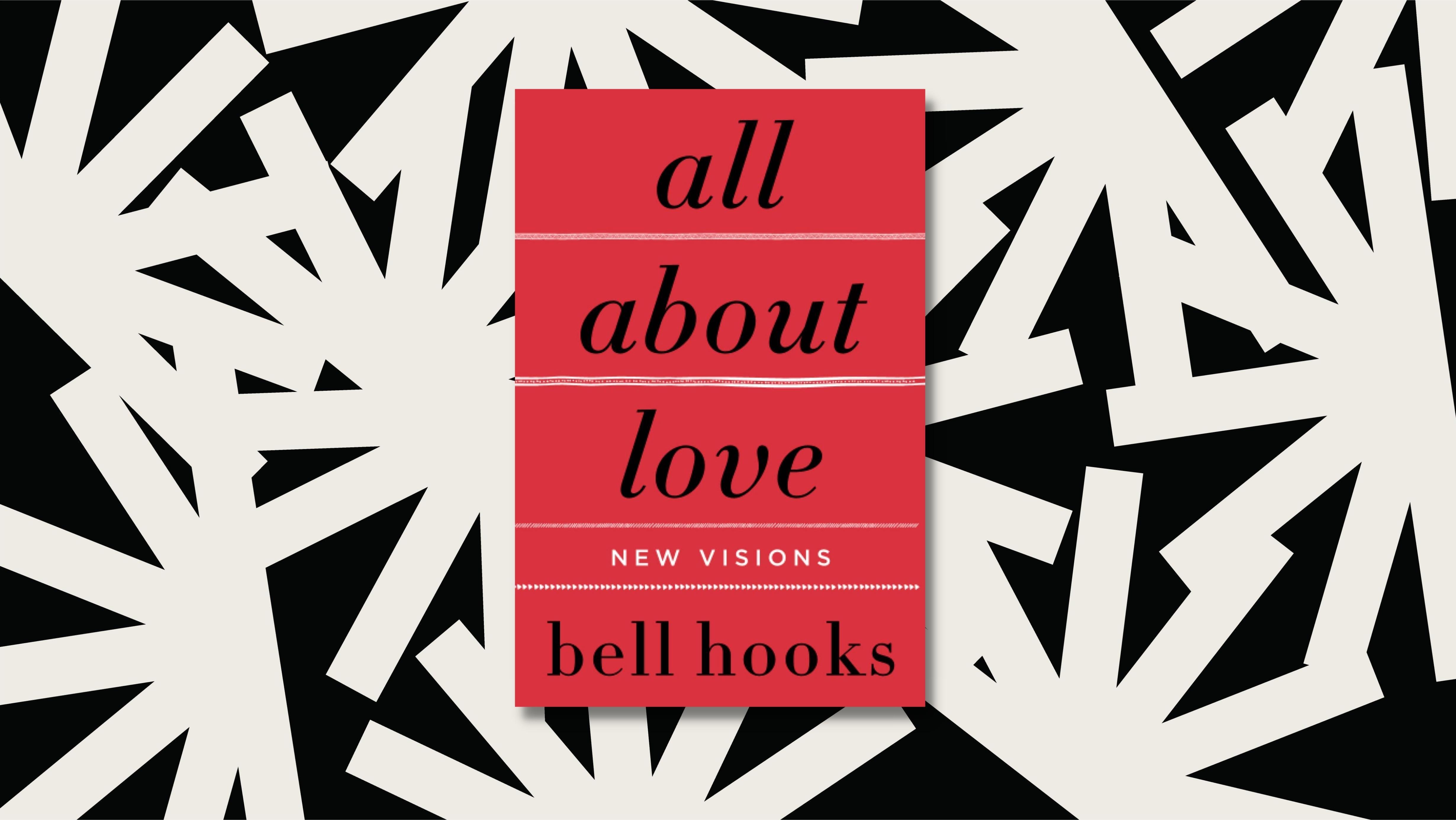why i write in lowercase
Aug 24, 2023
a colleague once wrote me an email that asked, “Is the shift key on your keyboard broken? I notice you have not used capitals in your email?”
i have been writing in lowercase since my twenties, but in the last few months i have been asked about it more times than in the last 20 years. i took notice, and paused to reflect again on why i do this.
the case for lowercase.
i first came across the use of lowercase by way of a friend who was reading bell hooks. seeing the front cover of her book, all about love, and her name in lower case, it just looked absolutely beautiful to me. it was welcoming and inviting, not pretentious, there was flow and ease in reading it. little did i know at the time, for author bell hooks there was much intention and purpose to her lowercase. it was a process of honouring [british english], of identity, and authoring self. those two little lowercase letters were grand beyond their size.
later i spent about a year reading house of leaves. while the book itself is its own adventure, it was the first time in my reading life where form was used to create experience on the page. it transformed me, and the way i viewed what reading could be. transformed what a ‘book’ and ‘story’ had to look like. the experience of the book suggested permission to move beyond the standard accepted form.

like many of my generation in the early 2000’s, i started a ‘private’ blog on the internet. it was here i started to write in lowercase, and it was freeing. not only because i had always been terrible with grammar despite my librarian aunt’s best attempts, but for the first time i wrote with abandon. i was never someone who journaled, i completed written assignments hours before they were due. because to sit down and write was immobilizing [american english]. while i was an avid reader growing up, it never translated to the creation of writing. my brain didn’t work like that. i could talk with abandon, but write? no. this became especially challenging as i pursued a masters and then phd. some how i got there in the end, but it was trying. THAT WRITING MUST LOOK AND FLOW AND BE STRUCTURED A CERTAIN WAY FOR ACADEMICS TO DIGEST was just too much. this was a system far too structured and rigid for me to survive in for very long.
in one of my early roles i had a scottish colleague join our team at a canadian based organization [american english]. she held the [british] english language and grammar in the highest regard. it was here that our use of ‘z’ in organization [american english] but the use of ‘u’ in colour [british english] confounded them. you see canadian english draws on a mix of both american and british spellings depending on the word. while these are the spellings we are taught in school, and culturally accepted, even very few writing apps accept our social norms and include a canadian english version. we are forced to choose between american or british english and then required to constantly correct individual words to match our canadian english versions. while our colleague reprimanded us for not using ‘proper’ [british] english, i began to wonder what ‘proper’ really meant.
and then i stumbled into the world of systems and social innovation. where the idea that mental models and values underpin all of our most challenging and complex social ills is taken as a given. that what we believe to be true is the root of it all, and therefore challenging these mental models and values is often what we are seeking to ‘uproot’ and ‘replant’ in our change work.
“what beliefs keep the system in place?”

it is at this point, some of you might be asking yourselves, “Really? You think you get all that from not capitalizing [american english] your writing?” but it’s really not about whether a word is capitalized [american english] or not is it?
it’s about a choice of how i participate in a system.
it’s a small way to subvert dominant paradigms, to invite a discussion, to ask, “is there really only one way to be?”
one such discussion with a colleague, stacey ong at one red step, led to a beautiful conversation and this gorgeous quote from analouise keating, discussing her approach to writing,
“i embrace contradictions and poly vocal meanings. hence the parenthetical comments, the italics, the italicised [british english] parenthetical comments, the questions, the explanatory statements. sentences written in english are so linear!”
i appreciate so much analouise’s embrace of non-linearity, contradiction and multiple meanings, and i recall some recent learning for me, of Aboriginal and Torres Strait Islander people’s non-linear approach to storytelling as shared by Sara Kianga Judge. it prompts me to ask, what might we be able to see and understand if we relinquished the need to be linear in our thinking, learning and sharing?

stacey also led me to john a. powell’s work, and his choice to write his name in lower case, “in the belief that we should be part of the universe, not over it, as capitals signify” conversely, here in australia, it is practice in Aboriginal and Torres Strait Islander communities to capitalize Country, to acknowledge it’s agency.
i’m reminded of the often shared phrase in mindfulness practice, ‘what we focus on grows.’
in the last few years my ‘why’ seems to have become more clear with my system practice. i’m more consciously working on my ‘unlearning’. to decolonize my mind, my behaviour [british english], my language, my writing. the starting point is not to assume anything as ‘the one way’ of knowing and being in the world.
unlearning asks us to not only see diverse cultural norms, ways of being and knowing, but to respect, consider and understand how they sit alongside each other in the larger system at hand. to value their contextual significance, their beauty of nuance and meaning, the way they signal to a community, one is a part of a community. when you start to unravel the meaning and value of why, it feels quite profound.
each day we participate in systems through all manner of
conscious and unconscious action.
by bringing more of our attention to our mental models, our ‘learned’ ways of being in the world we can also bring consciousness of choice, to ask, how do i want to be in this system? what aspects of this system are in alignment with my values and hopes for this system? which are not? as maya lin offers, “can I do something in my lifetime that can help change the way we are… can I help, in a little tiny fraction, make it better here?”
in what small way might you subvert the system?
wooden block set here
grateful to sam rye's encouragement to share this writing and his on going inspiration he offers in his own writing. to stacey ong for wonderful chats on lowercase and to all those who are curious enough to ask the question :)


